- Learning time
- 10 minutes
- First play time
- 20 minutes
Tides of Time
Designed by: Kristian Čurla
Tides of Time is a 2-player game that is part strategy, part chance, part bluff. The theme is that both players are hoping to build the greatest kingdom, but really this is a game for people who like to strategize and second-guess!
The game takes place over three rounds and each one is scored. How the rounds are played is fairly simple – each player is dealt five cards, they choose one to play to the table and pass the rest to their opponent. The chosen cards are revealed simultaneously, and then the process repeats until each player has two cards left: they choose one for themselves and pass the other to their opponent, after which the cards are scored.
The crux of the game is how all the cards score – because no card can score by itself; it is always reliant on the other cards added to your hand. The deck is made up of five suits, and a card that scores for green suited cards, for instance, will not itself be green. Similarly a card that scores for the majority in the red suit will not itself be red. So when you play a card to the table, you’re hoping that your opponent won’t disrupt your plans by taking the cards you want for yourself. Conversely, at the same time as trying to further your own hand, you’re also watching what your opponent is up to, and judging whether a ‘spoiling’ move to stop them getting points is better than a more straightforward point-scoring move for yourself.
As well as the suits there are also three ‘neutral’ cards that work in different ways – one breaks ties, one doubles whatever suit you have the most of (i.e. if you have two purple and two green, they instantly become four purple and four green) and one gives you points for having the majority in suits with only one card.
At the end of the first and second round, cards are returned to the players hands – they choose one to keep on the table permanently (reveal simultaneously!) and one to discard from the game. They are then dealt two new cards from the deck and the process starts again. After the third round points are tallied, and the player with the most wins.
Joe says
I really like what I've seen of this so far. The first couple of games can feel very swingy and random, but as you learn the deck (there are only 18 cards total, and only 8 have unique effects) the real game can begin. I want to play more to see where the line between strategy and the luck of the draw is.
The guru's verdict
-
Take That!
Take That!
There's no explosions, gunfire, or elimination. But your best-laid plans may be spotted and deliberately harpooned by your opponent taking a card you need, even though it doesn't help them.
-
Fidget Factor!
Fidget Factor!
None.
-
Brain Burn!
Brain Burn!
Moderate. The rules are simple but juggling the possibilities in your head of both your own hand and also your opponents can feel head-scratchy on the first few plays.
-
Again Again!
Again Again!
Tides of Time has simple rules and plays in 20 minutes. It's also possible to catch up from a seemingly lost position in one round (and vice versa of course). Those who like it may find themselves addicted.

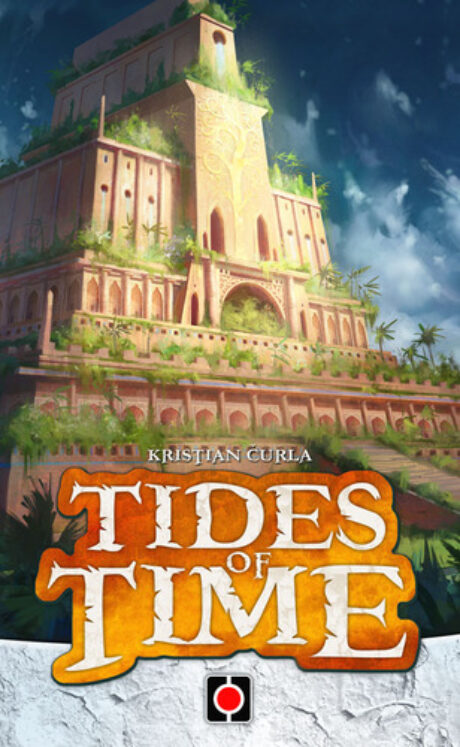

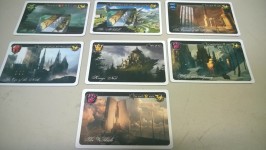


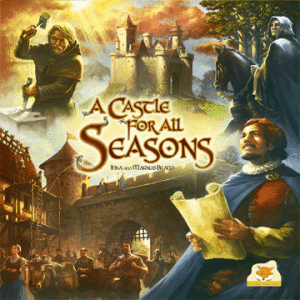
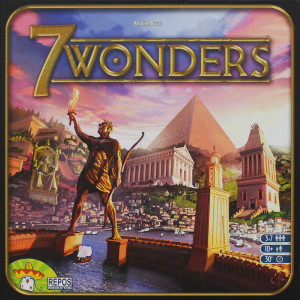
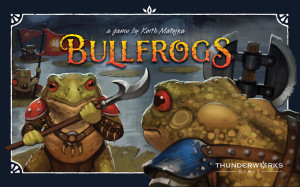
Sam says
I admire the cleverness of Tides of Time - it packs a lot into its 20 minutes, and the balance of furthering your own cause whilst not helping your opponent speaks of a neat design. For me personally it's perhaps too mechanical, though. At no point do I feel like I'm building an empire - I'm simply juggling probabilities in a kind of abstract way. So (although it could be accused of the same thing, I feel it's less abstract) I'd choose 7 Wonders over this, which also has an interesting 2-player variant in the rules.